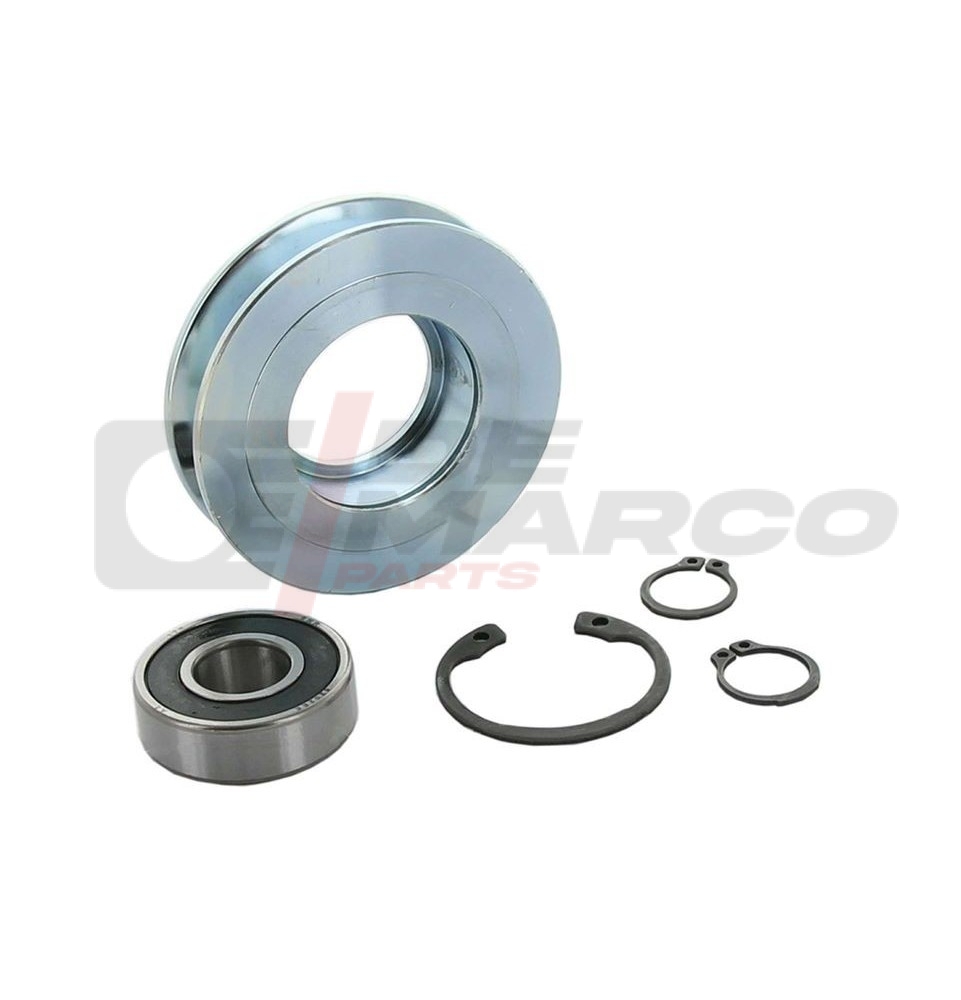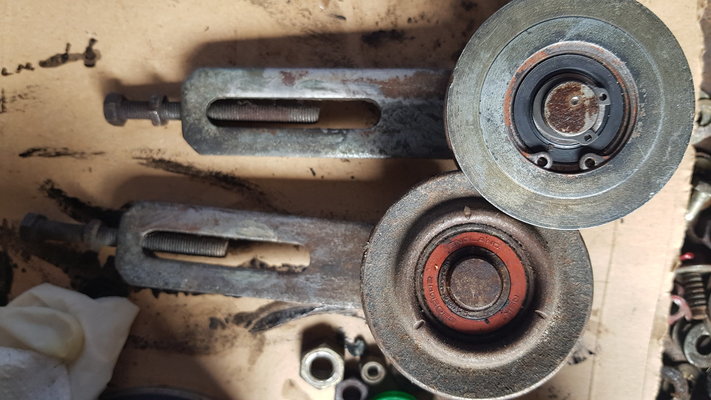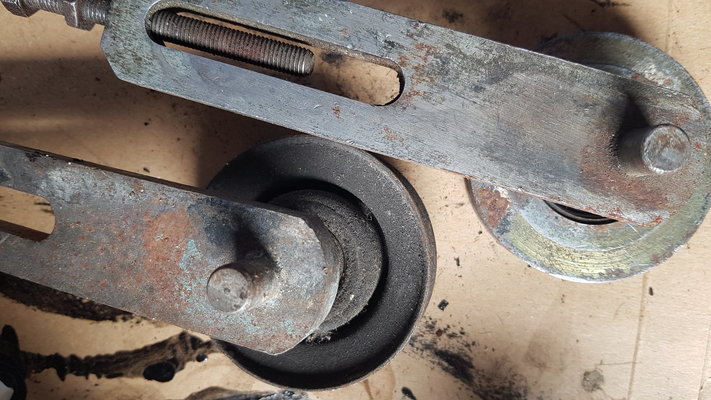angel
Enthusiast
- Messages
- 2,596
- Location
- Athens, Greece
Do you mean 10W-30? It is too thin an oil, except if you live in a cold area. Plus, it's usually synthetic or semi-synthetic, which our engines generally don't like.
Copper grease is a completely different thing from copper gasket sealant, obviously. Sealant is not necessary if your head has no pitting - I guess the shop that will refurbish it is going to skim the gasket face as well, so all will be OK.
Thread locking agent on head bolts is absolutely wrong practice. These bolts need a very light coat of lubricant such as engine oil or copper grease - here does it come in handy - both on the threads and below their heads, so that torque readings when tightening will "translate" to true bolt tensioning forces and not friction on the threads. These bolts will not work loose by themselves, if they did, it may be due to a lot of reasons not related to vibrations or such, that can be prevented by threadlocker.
Copper grease is a completely different thing from copper gasket sealant, obviously. Sealant is not necessary if your head has no pitting - I guess the shop that will refurbish it is going to skim the gasket face as well, so all will be OK.
Thread locking agent on head bolts is absolutely wrong practice. These bolts need a very light coat of lubricant such as engine oil or copper grease - here does it come in handy - both on the threads and below their heads, so that torque readings when tightening will "translate" to true bolt tensioning forces and not friction on the threads. These bolts will not work loose by themselves, if they did, it may be due to a lot of reasons not related to vibrations or such, that can be prevented by threadlocker.









